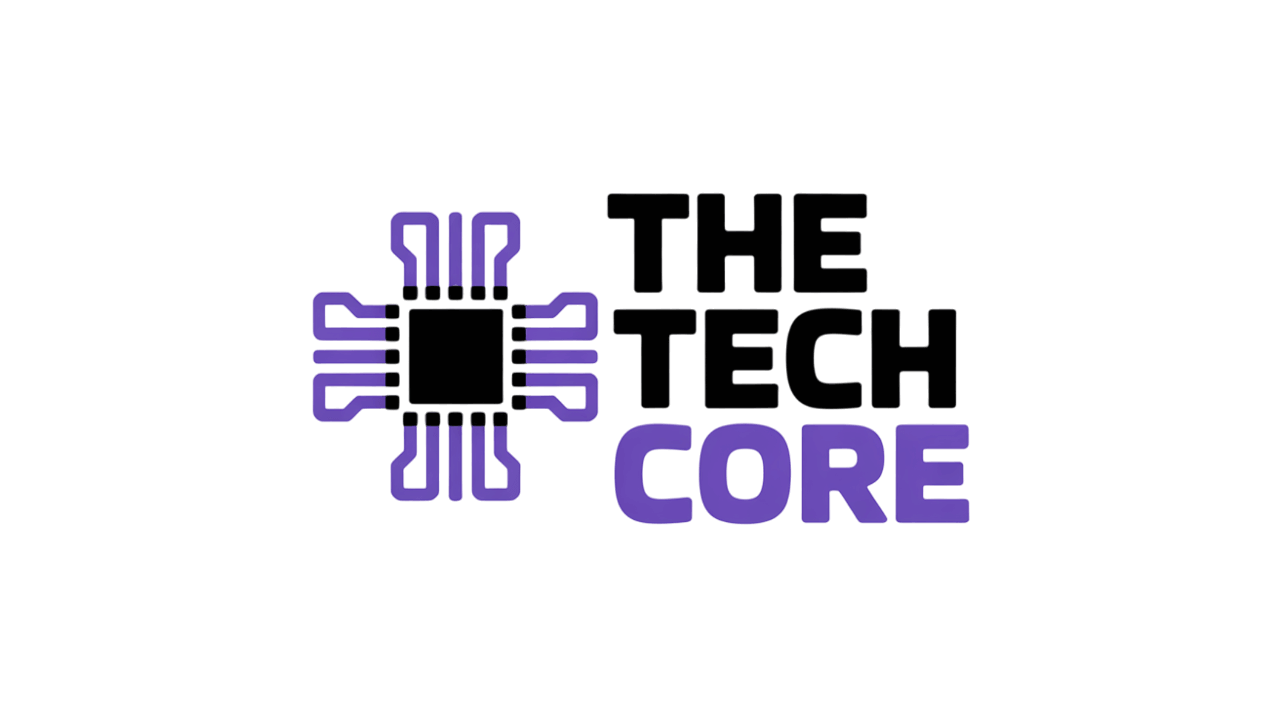Relationships are getting a digital makeover, and it’s happening faster than most of us realize. Furthermore, AI relationship counseling and virtual companions are transforming how we think about love, dating, and emotional connection in ways that would’ve seemed like pure science fiction just a few years ago. According to recent research, 1 in 4 singles—and nearly half of Gen Z—now use AI to up their dating game, representing a 333% increase from just a year ago.
But here’s what’s really interesting: artificial intelligence isn’t just about finding dates anymore. Instead, it’s becoming a comprehensive support system for everything from writing better messages to maintaining long-term relationships and even providing emotional companionship when human connection feels out of reach.
Understanding Digital Romance Support and AI Companionship
Digital romance support encompasses a broad range of technologies designed to support human emotional needs. Unlike traditional therapy, these AI systems are available 24/7, offer judgment-free environments, and can adapt to individual personalities and preferences.
The technology works through sophisticated machine learning algorithms that analyze conversation patterns, emotional cues, and relationship dynamics. Consequently, these systems can provide personalized advice, suggest conversation starters, or even help couples navigate difficult discussions.
Popular platforms like Replika have created AI companions that millions of users interact with daily, with some reporting genuine emotional connections and support. Meanwhile, dating apps increasingly integrate AI features to improve matching algorithms and communication assistance.
However, digital romance support goes beyond just companionship. Apps like Flamme offer personalized relationship advice and insights to help couples strengthen their bonds, while platforms like Keepler provide AI-powered guidance for navigating dating challenges, including how to handle rejection gracefully.
The Rise of AI Dating Assistants and Virtual Romance
Dating apps have become laboratories for artificial intelligence innovations in romance. Modern platforms use AI to analyze user preferences, predict compatibility, and even help craft compelling messages.
Iris Dating uses AI to match users who are most likely to find each other attractive, claiming to increase the chance of finding mutual attraction by 40 times compared to traditional swiping apps. Their system analyzes facial features and attraction patterns to create more meaningful connections.
But digital romance support extends far beyond matchmaking. Dating assistants now help users with conversation flow, tone suggestions, and even provide coaching on what to say when conversations stall. This support has become particularly valuable for people who struggle with social anxiety or lack confidence in dating situations.
Virtual companions represent perhaps the most controversial aspect of AI-powered relationship support. Platforms like Replika, Nomi.ai, and Character.ai allow users to develop ongoing relationships with AI entities that remember conversations, display personalities, and provide emotional support.
These relationships can become surprisingly deep. A recent analysis of over 1,000 Replika users found that the primarily male 35+ subscriber base experiences real emotional support and companionship with their AI companions, with some reporting that virtual relationships have replaced human ones.
Benefits of AI-Powered Relationship Support
AI-powered relationship support offers several compelling advantages that traditional approaches can’t match. Most importantly, these systems provide constant availability without the scheduling constraints or costs associated with human therapists.
For people dealing with social anxiety, intelligent relationship guidance creates a safe space to practice conversations and build confidence. Users can experiment with different communication styles, learn from mistakes, and develop social skills without fear of judgment or rejection.
The personalization aspect is particularly powerful. AI systems learn individual preferences, communication patterns, and emotional triggers over time. This allows them to provide increasingly relevant and helpful guidance tailored to each person’s unique situation.
Additionally, intelligent relationship guidance can help people process emotions and gain perspective on relationship challenges. The non-judgmental nature of AI interactions encourages openness and honesty that might be difficult to achieve in traditional counseling settings.
For couples, AI-powered relationship apps can identify communication patterns, suggest date ideas based on shared interests, and even provide real-time guidance during difficult conversations. This proactive support can help prevent small issues from becoming larger problems.
Potential Risks and Concerns
Despite their benefits, digital relationship support systems raise significant concerns that users should carefully consider. The most serious risk involves emotional dependency and the potential for these technologies to replace rather than supplement human relationships.
Research indicates that users who feel more socially supported by AI tend to report lower feelings of support from close friends and family. While the cause-effect relationship isn’t clear, this pattern suggests that over-reliance on AI companions could lead to further isolation from real-world relationships.
Privacy represents another major concern. Digital relationship platforms collect intimate details about users’ personal lives, communication habits, and emotional vulnerabilities. Data breaches could expose extremely sensitive information, while companies might use this data in ways users don’t expect or approve of.
There’s also the risk of unrealistic expectations. AI companions are programmed to be agreeable, available, and supportive in ways that human partners cannot consistently match. This could lead to disappointment and frustration when real relationships don’t meet the same standards.
Furthermore, some digital relationship platforms have been criticized for perpetuating harmful stereotypes. Studies show that users sometimes train their AI companions to embody submissive roles or display problematic behaviors, reflecting broader societal issues rather than addressing them.
Practical Applications and Success Stories
Real users are finding genuine value in digital romance support across various scenarios. Dating app users report that AI assistance has helped them craft better profiles, maintain engaging conversations, and even secure meaningful relationships.
One area where intelligent relationship support shows particular promise is in providing support during difficult transitions. Users going through breakups, dealing with loneliness, or struggling with social skills have found AI companions helpful for processing emotions and maintaining social connection during challenging periods.
Couples therapy applications are also emerging. AI-powered relationship apps can track communication patterns, identify potential conflict areas, and suggest interventions before problems escalate. Some couples report that these tools have helped them understand each other better and communicate more effectively.
However, the most successful applications of digital relationship support seem to occur when the technology supplements rather than replaces human interaction. Users who view AI as a tool for building confidence and practicing social skills—rather than a substitute for human relationships—tend to report more positive outcomes.
Educational applications also show promise. Intelligent relationship guidance can teach communication skills, emotional intelligence, and relationship maintenance techniques in low-pressure environments where users can learn at their own pace.
The Future of AI in Human Connection
Looking ahead, digital relationship support will likely become more sophisticated and integrated into our daily lives. Advances in natural language processing, emotional recognition, and personalization algorithms will make these systems even more responsive and helpful.
We can expect to see intelligent relationship guidance expand beyond individual apps into broader ecosystem integration. Smart home devices might provide relationship advice, while wearable technology could monitor stress levels and suggest communication strategies in real-time.
Virtual and augmented reality will likely play increasing roles in AI-powered romance support. These technologies could enable more immersive therapy sessions, virtual date experiences, or even couple’s counseling with AI mediators in shared virtual spaces.
However, the future success of digital relationship support will depend on addressing current limitations and ethical concerns. Better privacy protections, more transparent algorithms, and guidelines for healthy usage will be essential for these technologies to reach their full potential.
The integration of AI relationship counseling with traditional therapy could create hybrid approaches that combine the accessibility and personalization of AI with the empathy and wisdom of human counselors. This combination might offer the best of both worlds for people seeking relationship support.
Maintaining Human Connection in an AI World
As AI relationship counseling becomes more prevalent, maintaining authentic human connections becomes increasingly important. The key is using these technologies as tools to enhance rather than replace real relationships.
Here are some strategies for healthy integration of AI relationship counseling:
Use AI as Training Wheels: Think of digital relationship support as practice for real interactions. Use these platforms to build confidence, practice conversations, and develop social skills that you can then apply in human relationships.
Set Boundaries: Establish clear limits on AI usage to prevent dependency. Consider scheduling specific times for AI interaction rather than allowing it to replace spontaneous human contact throughout your day.
Focus on Skill Building: Use intelligent relationship guidance to learn specific relationship skills like active listening, conflict resolution, or emotional expression. Then make conscious efforts to practice these skills with real people.
Maintain Perspective: Remember that AI companions are programmed to be agreeable and supportive in ways that real relationships cannot always match. This doesn’t make human relationships inferior—it makes them more complex and ultimately more rewarding.
Seek Professional Help When Needed: While digital relationship support can provide valuable assistance, it shouldn’t replace professional therapy for serious mental health concerns or relationship problems that require human expertise.
Conclusion: Navigating Love in the Age of AI
AI relationship counseling represents a fascinating intersection of technology and human emotion. These tools offer genuine benefits for people struggling with loneliness, social anxiety, or relationship challenges. They provide accessible, personalized support that can help users build confidence and develop important social skills.
However, the technology also carries significant risks. Over-reliance on AI companions could lead to further isolation from human relationships, while privacy concerns and potential for unrealistic expectations require careful consideration.
The future likely lies not in choosing between AI and human relationships, but in finding ways to use digital relationship support as a supplement to—rather than replacement for—authentic human connection. When used thoughtfully, these technologies can help us become better partners, friends, and family members.
As we navigate this new landscape, it’s crucial to maintain perspective about what AI can and cannot provide. While intelligent relationship guidance can offer support, advice, and even companionship, it cannot fully replicate the complexity, growth, and deep fulfillment that comes from genuine human relationships.
The goal shouldn’t be to create perfect AI partners, but to use these tools to become better human partners. In doing so, we can harness the benefits of digital romance support while preserving the irreplaceable value of authentic human connection.








